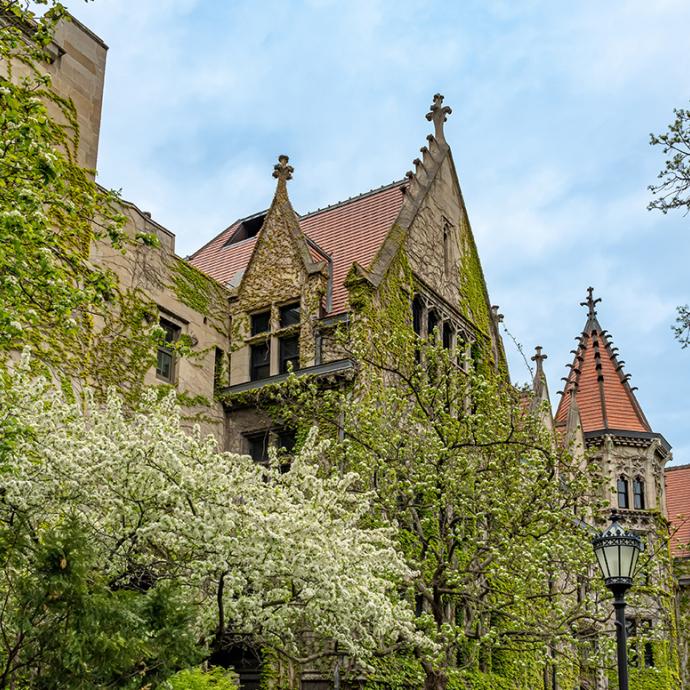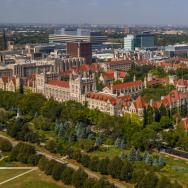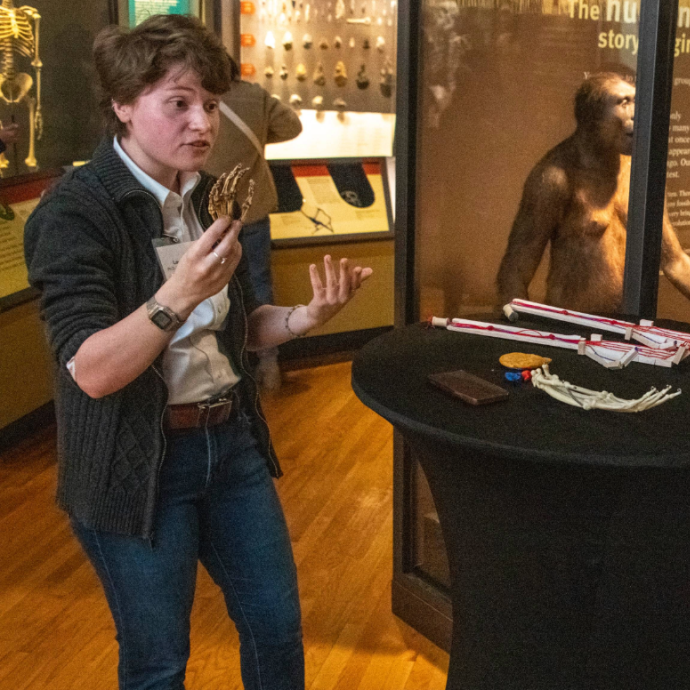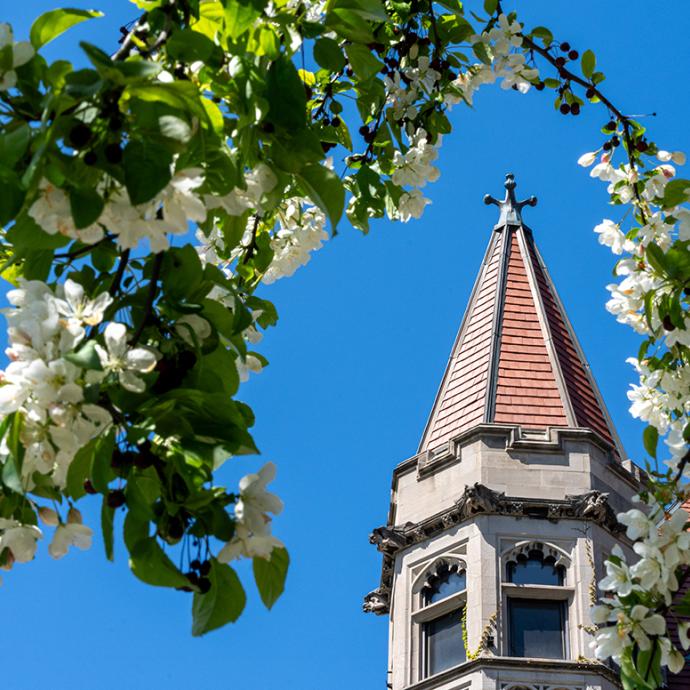When the COVID-19 pandemic forced Brenda Owens to close the doors to Kenyatta’s Day Care, the business she’s been running in South Shore for 42 years, she worried both for the parents and children who rely on her care and her 11 long-time employees, some of whom she hasn’t been able to pay their full paychecks.
“We were getting calls from our staff, they were getting worried about how they were going to be able to pay their bills, and it just happened so quickly we really didn’t have a chance to think about things that maybe we would have thought of if we’d had more time,” Owens said.
The funds Kenyatta’s Day Care will be receiving from the Illinois Department of Human Services will not be enough to pay everybody and the bills, Owens said. But a just-announced grant from the University of Chicago will bridge what she hasn’t been able to cover.
“It’s important because most of us, especially on the South Side of Chicago, we can’t just walk into a bank and get a loan—it’s almost impossible, that’s been my experience anyway,” Owens said. “So the University stepping up and offering the funds, they’ll help us.”
Owens’ bridge grant was among the more than $680,000 that UChicago awarded to 182 South Side small businesses impacted by the COVID-19 pandemic. This financial assistance is one element of the institution’s South Side COVID-19 Community Support Initiative launched on March 30. Last week, the University awarded $157,000 in grants and $153,000 in rent relief to its small business tenants and $400,000 in assistance to community-based nonprofits. The initiative also includes a partnership with the Greater Chicago Food Depository to prepare and distribute 225,000 meals for those facing food insecurity on the South Side.
“Small businesses are crucial to the stability and vitality of our shared community,” said Derek Douglas, the University’s Vice President for Civic Engagement and External Affairs. “This pandemic has taken an unprecedented toll on many local small businesses, and we hope this support will help the owners and their employees get through this difficult time. We want to help ensure that the South Side’s commercial corridors rebound after this public health and economic crisis ends.”
Immediate support for a critical period
The University established the bridge fund to be used for small businesses’ general operating expenses and direct support for impacted employees, many of whom are South Side residents. Independently owned businesses with no more than three locations in the University’s nine neighborhood focus area (Douglas, Grand Boulevard, Greater Grand Crossing, Hyde Park, Kenwood, Oakland, South Shore, Washington Park and Woodlawn) were eligible to receive up to $7,500 in grants from the University. Awarded funds included $125,000 from a $250,000 grant for the University’s Community Support Initiative provided by the Chicago Bears and Bears Care, the team’s charitable arm.
Grantees were selected based on a combination of criteria including how significantly each eligible business was impacted by the COVID-19 crisis and the potential for funds to provide relief to employees, among other factors. In an effort to support not only individual business owners and their employees, but also active commercial corridors throughout the South Side, grants were concentrated on businesses with a physical location that is open to customers or clients. Consideration was also given to businesses that were able to demonstrate a history of being a community asset.
Grantees included restaurants, shops, daycares, fitness centers, cultural institutions, health facilities, personal care services, construction firms and others.
“The University of Chicago has done a phenomenal job responding to this crisis for communities of color and they have streamlined the process to expedite getting resources in the hands of small businesses,” Tonya Trice, executive director of the South Shore Chamber of Commerce, said. “We really appreciate them partnering with the local community-based organizations because we’re working with these people on a daily basis and we know their struggles, we know the businesses that are able to sustain, and we also know the businesses that are essential to the revitalization of a lot of our corridors.
“This pandemic hit so fast and the stay-at-home orders also happened so abruptly that no one really had a plan, so this will give the businesses an opportunity to cover essential expenses and hopefully support their employees.”
Learn more:
- UChicago awards $400,000 in Emergency COVID-19 bridge grants to 79 South Side nonprofits
- University of Chicago awards $112,000 in rent relief and $110,000 in immediate COVID-19 operating grants to 18 small business tenants
- University of Chicago announces programs to support South Side during COVID-19 crisis
—Adapted from a story first published on the Office of Civic Engagement website.












 —Prof. Chuan He
—Prof. Chuan He
